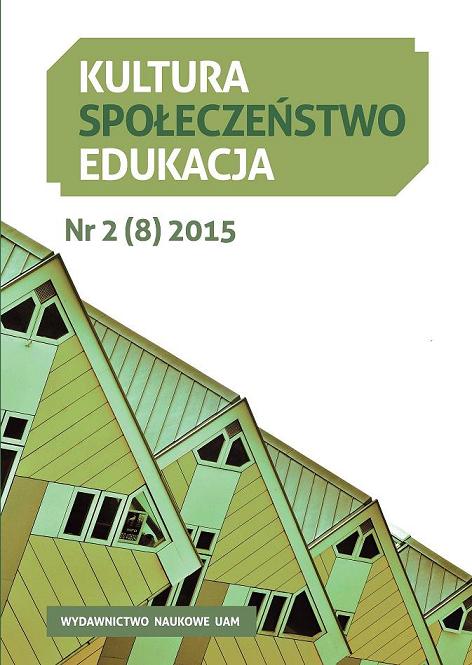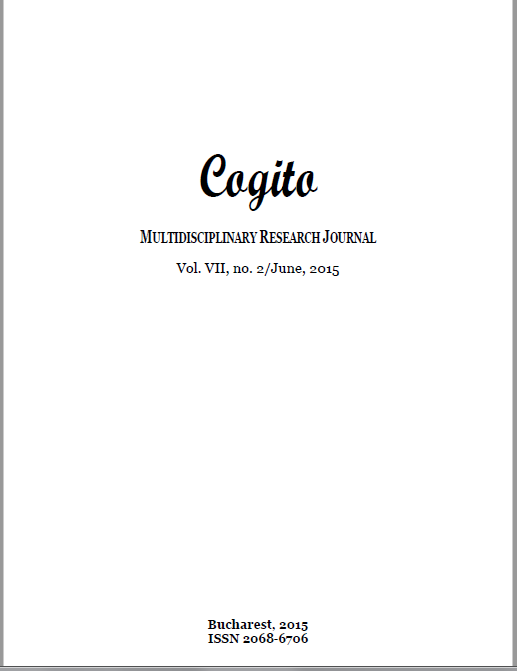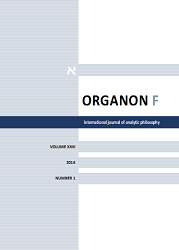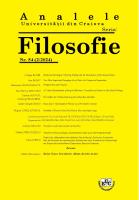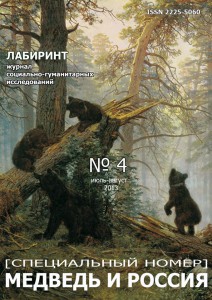
“THE RUSSIAN BEAR DANCES UNTIL DAWN” : THE ANIMAL METAPHOR FOR RUSSIA AND ITS REPRESENTATIVES IN GERMAN MEDIA (2000 — 2013)
The article dwells on the image of Russia as a bear in contemporary German media. The studies changes in portraying Russia and its representatives in 2000 – 2013 in comparison with 1990s.
More...
